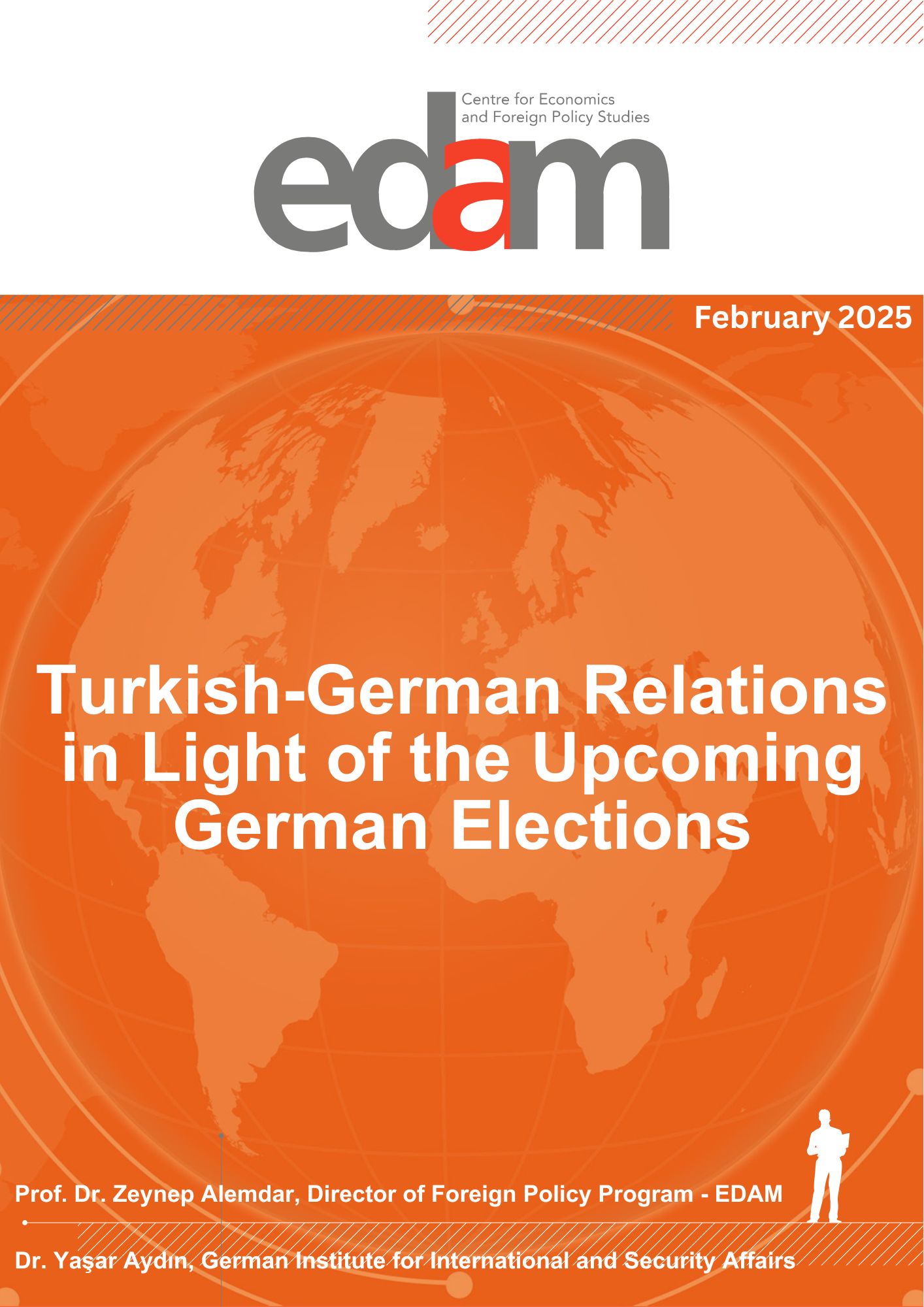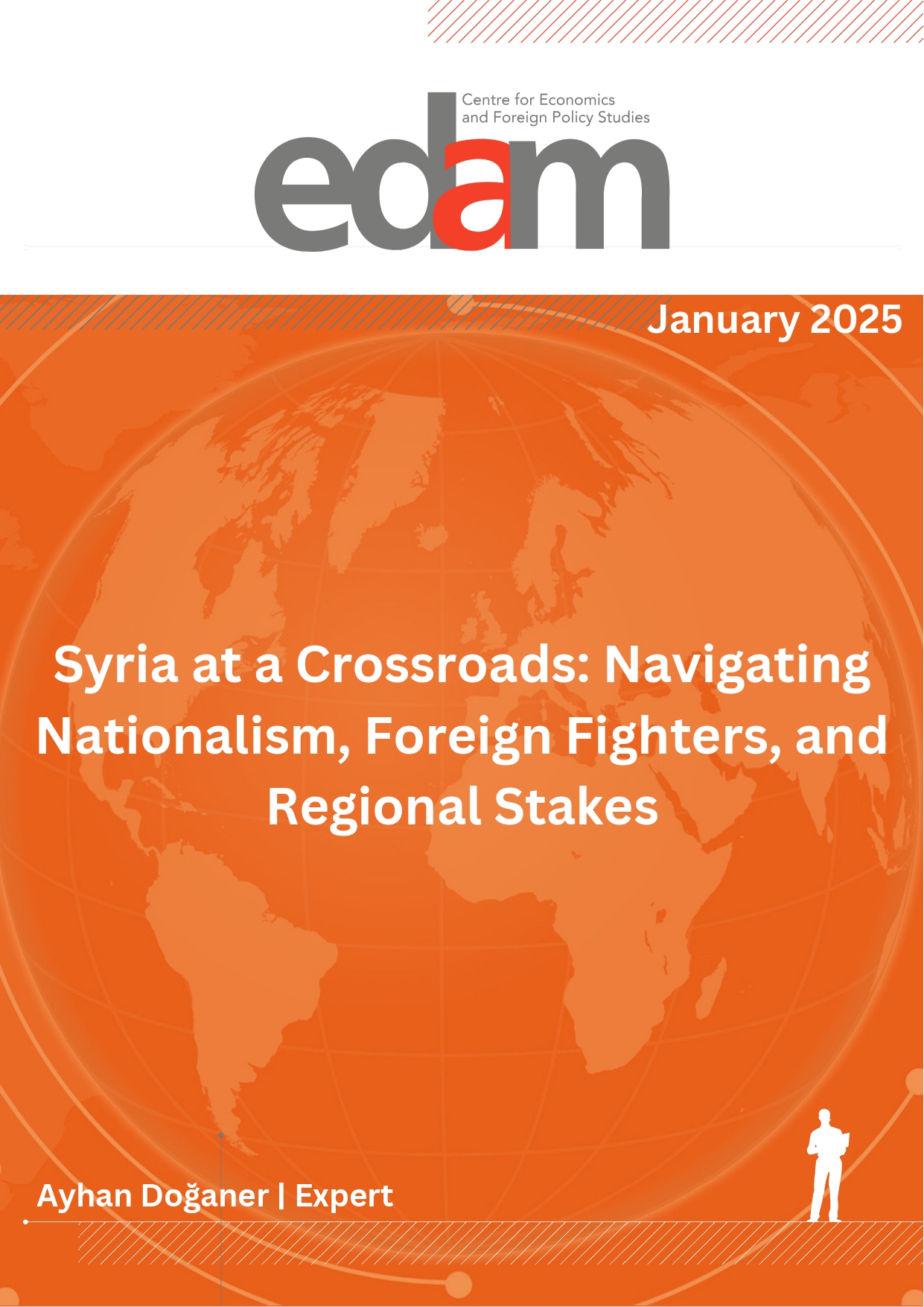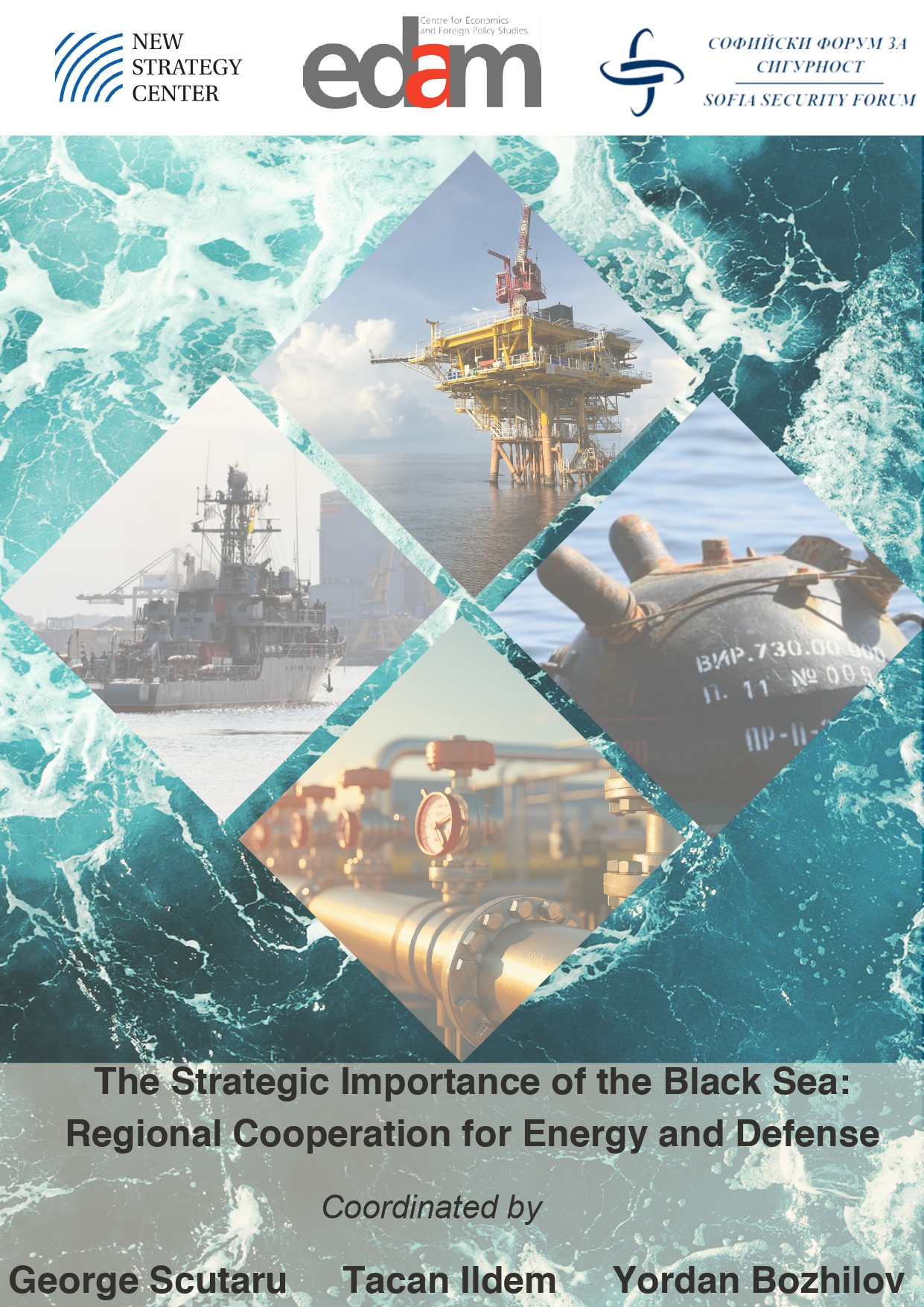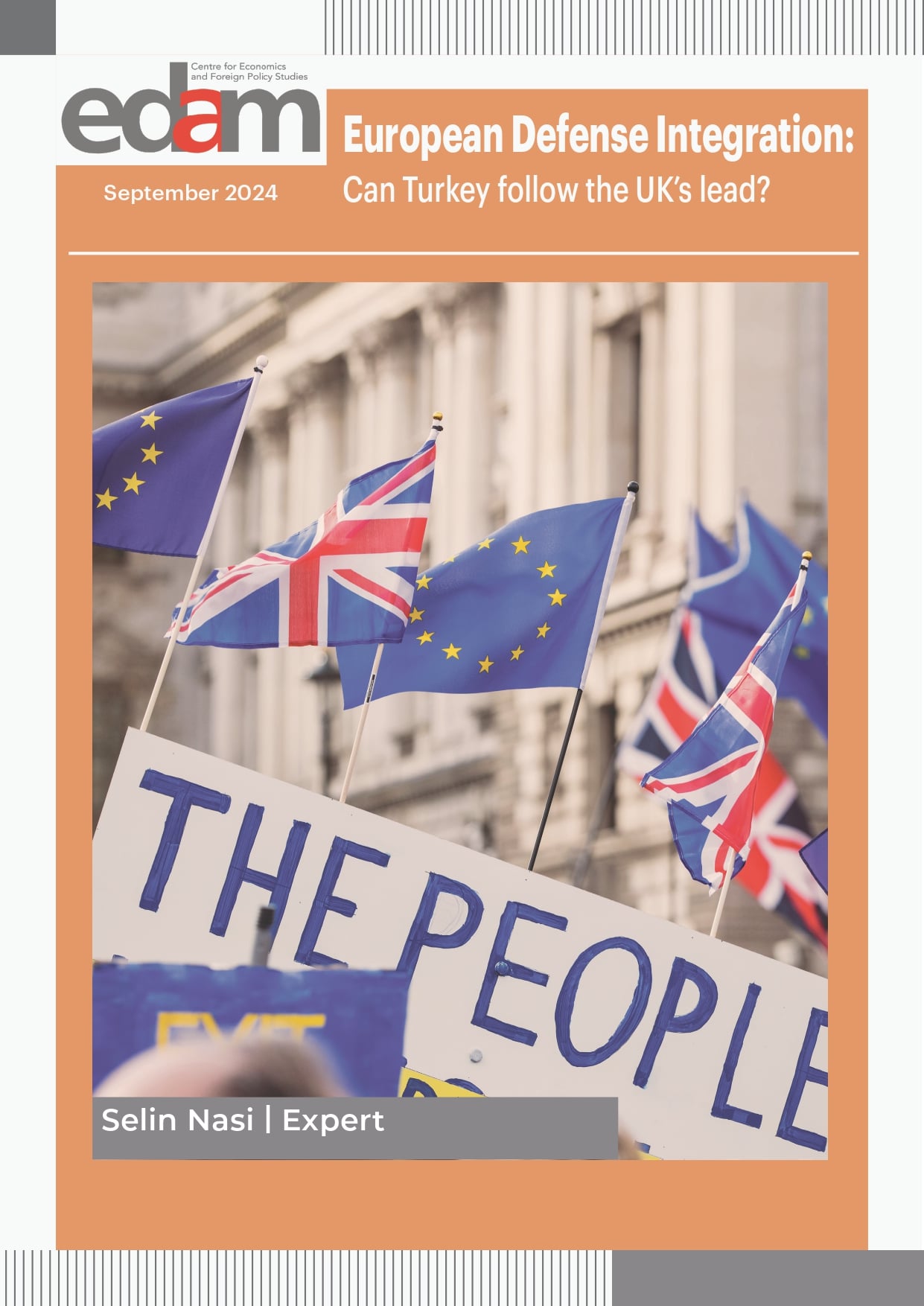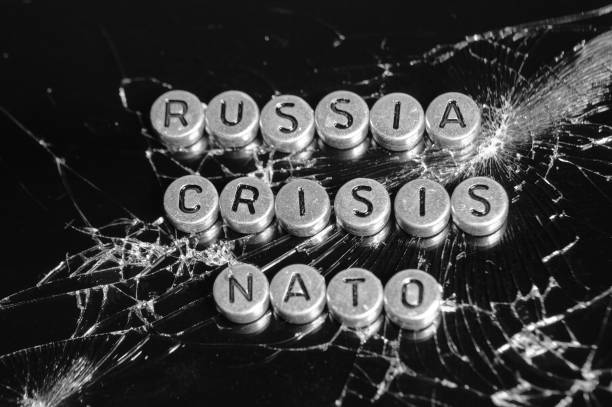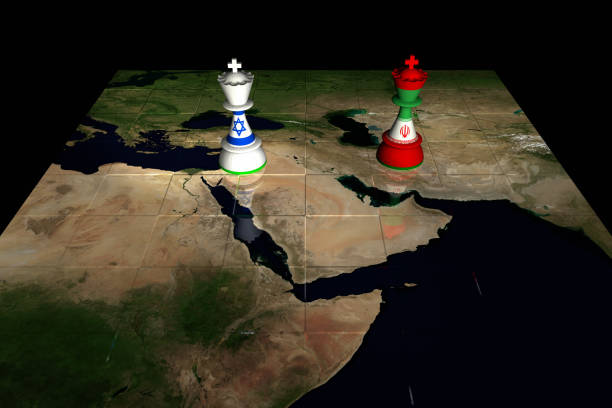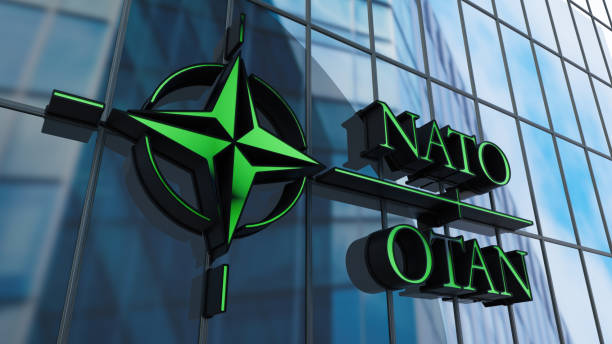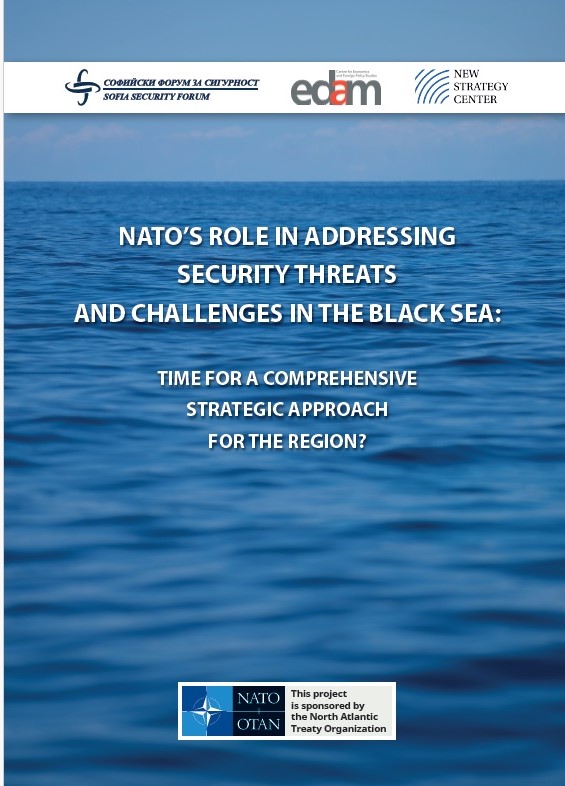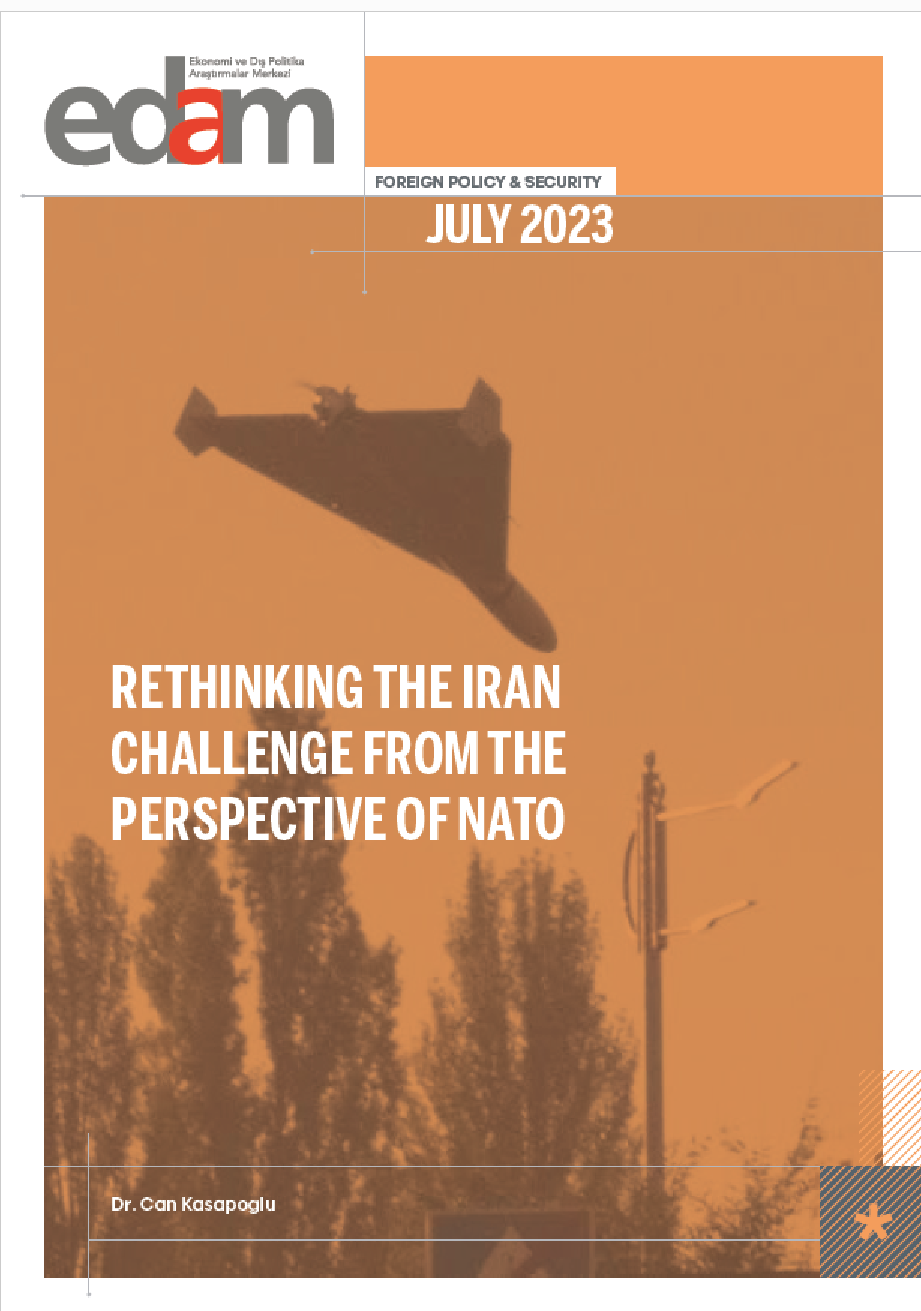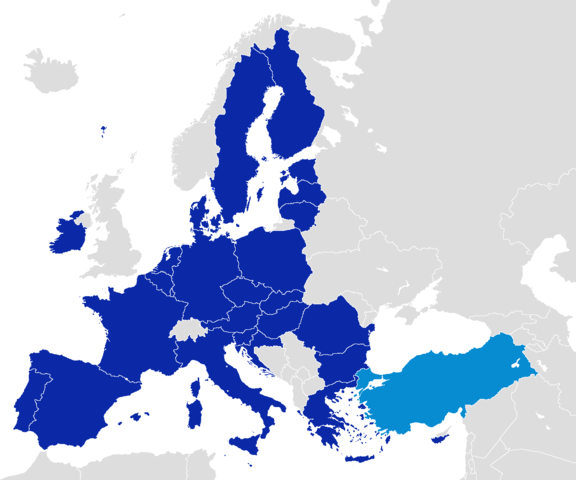
A Europe We Can Believe In
The Russian invasion of Ukraine has changed the landscape of Europe. Not only has the rules based international order come under threat but basic values such as state sovereignty and rule of law have become at risk. At a time when the future of the transatlantic relationship may become uncertain with electoral challenges and the rise of China bringing new questions, Europe’s geopolitical power will require further unity.
Europe therefore needs a better defined geo-strategic sovereignty, enhancing and extending the sphere of influence of its democracy, economy, security as well as its policies of green, digital and social transitions to a broader area to meet the 21st century’s historical challenges.
In this context, Europe’s future is marked by existential questions. Shall European states ultimately commit to a prerequisite level of coherence and solidarity to craft our continent’s new global role? How can Europe continue to generate soft power for a more democratic, greener, human-centric, and safer world? These are questions that need to be answered collectively.
Nevertheless, the immediate concern today is security and concerted action. The European Union (EU) and North Atlantic Treaty Organization (NATO) were obliged to deal with this urgent challenge. Adding to that, one of the main issues for the EU has become enlargement as Ukraine, Moldova and Georgia asked for candidacy with the goal of accession as a means of security. At the same time, Finland and Sweden filed for membership to NATO. Energy security, food security, access to critical raw materials and migration have also become key priorities for the EU.
To meet all these challenges, including enlargement of the EU and NATO, French President Emmanuel Macron introduced the idea of a European Political Community (EPC). The first such meeting will take place in Prague on the 6th of October 2022. We the undersigned, offer some suggestions on what the new entity should bring to the continent.
The goal of a unified Europe is not new. After every war, conflict or crisis proposals have come about for bringing the countries of Europe together. The latest one, the European Conference, another French idea, was brought forward at the Luxembourg European Council in December 1997. Its first meeting took place in 1998, continued irregularly and lasted until 2003 where even Russia participated. The Conference discussed foreign and security matters, as well as justice and home affairs, economic and regional issues. Yet, in end it was discontinued.
We believe that any new configuration comprised of so many states should be based on realistic expectations. Firstly, to improve and overhaul the relationship between the EU and non-EU states in the continent. And secondly, to open up a continental space that fits the needs of the 21st century. While the ultimate goal may be a convergence of policies, the immediate target should be cooperation and consultation. Europe already has a number of organizations such as the Council of Europe, the Organization for Security and Cooperation in Europe (OSCE) that deal with a variety of issues. Thus, the EPC should provide a distinct, added value for participants.
Institutionalization and Governance
One possible formula to achieve this goal would be to establish regional quotas, just like the IMF Board or the UN Security Council. Such a design would allow for a less asymmetric decision making where the non-EU membership of the EPC can be more than policy takers. Equally important for the effectiveness of its governance is the principle that no single country should have a veto right.
A concern that is voiced is whether the EPC will be an alternative to membership to the EU. We believe that membership in the EPC and the EU are not mutually exclusive. The issues that are to be dealt with will be those that go beyond the capabilities of any one nation or grouping like arms control, energy, the economy, climate change, migration, mobility, as well others that may come up. The initial purpose would be dialogue and cooperation, which may sound like a simple endeavour, but having witnessed lack of genuine discussion over the years, even establishing meaningful deliberation would be an achievement.
The subsequent crucial point would be implementing agreed decisions. We are aware of the difficulties of reaching common policies. There should nonetheless be open dialogue and opt-in/opt-out options to avoid mandatory policy participation…
